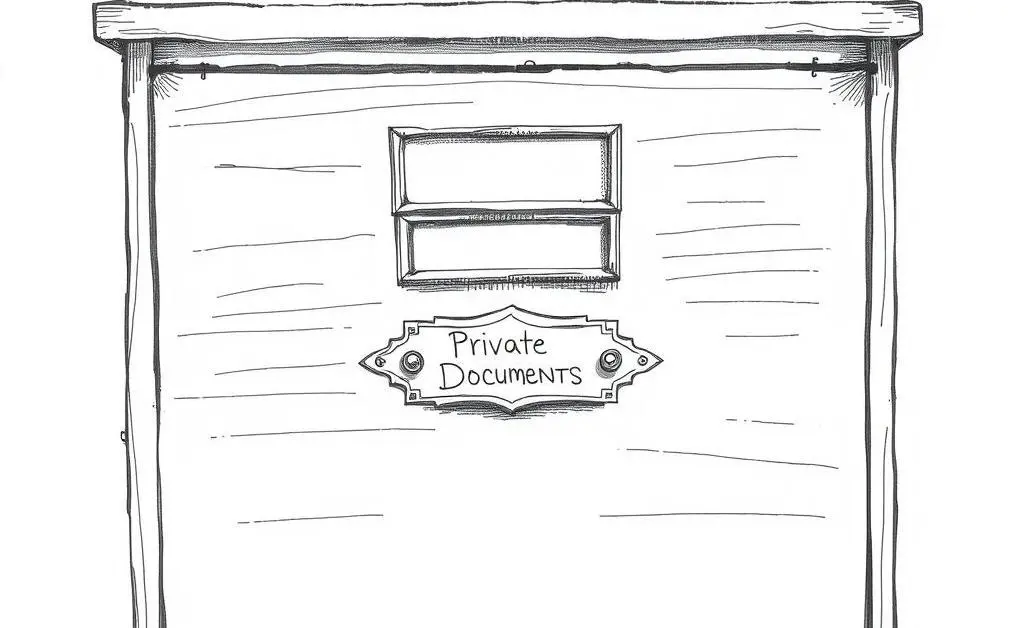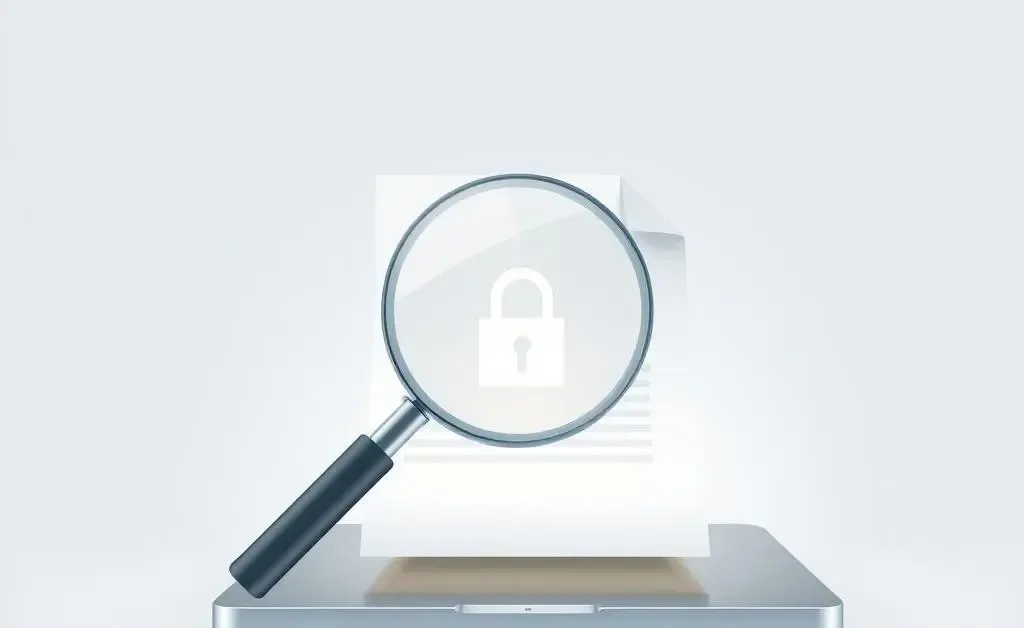Protect Yourself from Credit Agencies: Key Strategies to Safeguard Your Data
Learn how to keep your credit data safe from agencies selling it without consent.

If you’ve ever worried about your personal data being sold off by credit agencies, you’re not alone. The good news is, there are concrete steps you can take to protect your data from being mishandled. In this article, we’ll dive into practical strategies to keep your information secure.
Why Are Credit Agencies Selling Your Data?
Let’s start with the big question: why do credit agencies sell your data in the first place? Well, credit agencies accumulate huge amounts of data on consumers, which businesses find invaluable for making informed decisions about loans, marketing, and more. Unfortunately, without proper safeguards, you might find your personal details slipping into the wrong hands. So, it’s crucial to know how to protect yourself.
How to Safeguard Your Personal Information
Here are some effective steps to protect your data:
- Check Your Credit Report Regularly: Review your credit report at least once a year to ensure that all information is accurate and belongs to you. You can access your report for free thanks to services like AnnualCreditReport.
- Opt Out of Pre-Screened Offers: You can reduce the amount of unsolicited offers you receive by opting out. Visit OptOutPrescreen to learn more about preventing your data from being used for credit and insurance offers.
- Implement a Credit Freeze: A credit freeze is one of the most effective ways to protect your information. It prevents new creditors from accessing your credit report, thus stopping them from opening new accounts in your name.

Understand Your Rights Under the Law
Knowing your rights is key to maintaining control over your personal data. The Fair Credit Reporting Act (FCRA) affords you certain protections, like the right to dispute inaccurate information or limit the ways your credit report can be used.

What to Do If Your Data Is Compromised
Even if you’re vigilant, data breaches can still happen. In case your data is compromised, act immediately:
- Report Fraud on Your Accounts: Contact your bank or lender to report any suspicious activity.
- Monitor Your Accounts Closely: Keep a close eye on your statements and report any unauthorized transactions right away.
- File a Complaint with the FTC: Report identity theft to the Federal Trade Commission (identitytheft.gov).

Conclusion: Stay Informed, Stay Protected
It’s more important than ever to stay informed and proactive about protecting your personal data. By understanding the ways credit agencies operate and taking advantage of tools at your disposal, you can better safeguard your personal information. How have you chosen to protect your data? Share your thoughts and let’s create a safer environment for everyone.




